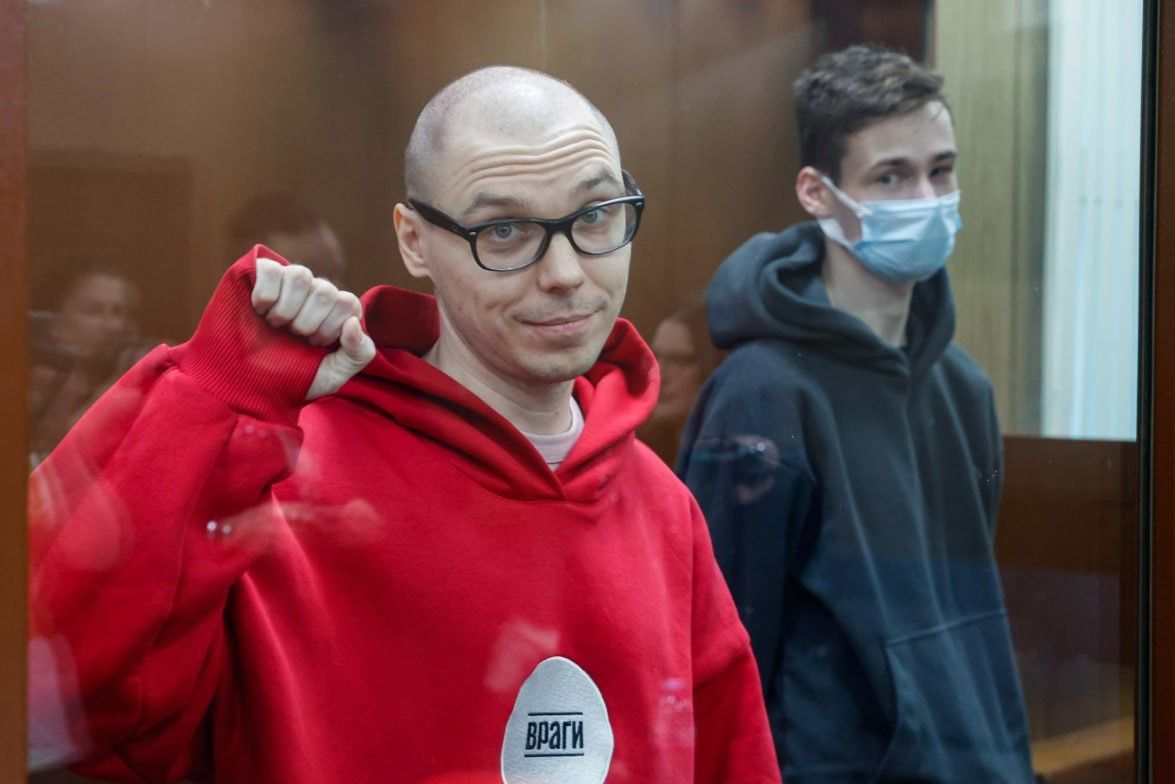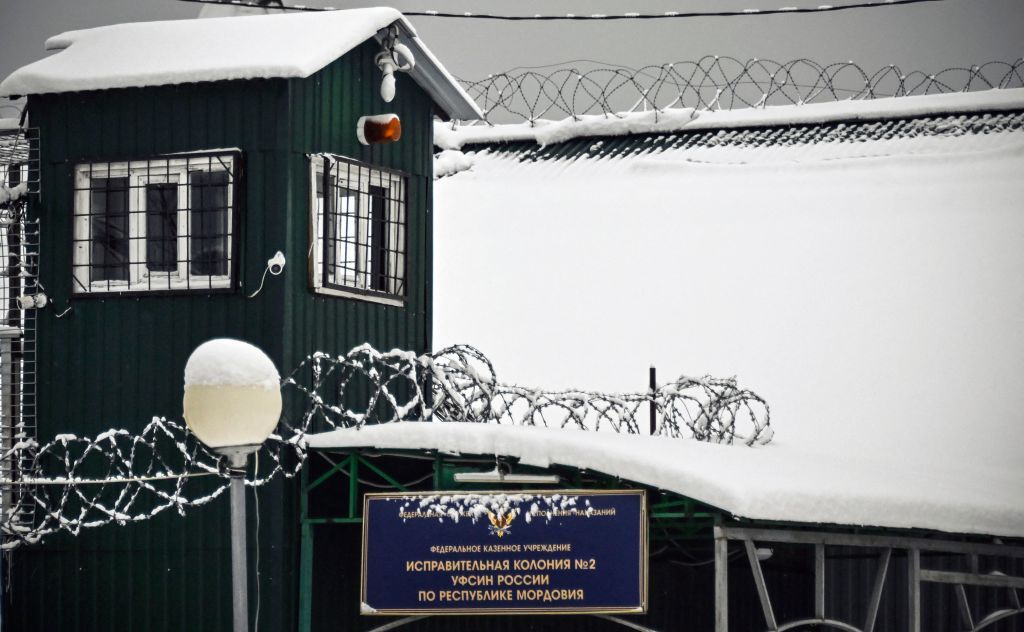Russian authorities have deported and detained thousands of Ukrainian civilians and have held them without charges, trials, or access to legal counsel, the BBC's Russia Service reported on Jan. 8.
Unlike prisoners of war (POWs), there is no mechanism for the release of these detained civilians. Without formal investigations, court proceedings, or release dates, it is impossible to track people in the Russian penal system.
The BBC gathered accounts from people living under Russian occupation who were arrested for failing to support what Russia calls its "special military operation" — the state's official euphemism for the war against Ukraine.
The Russian Defense Ministry responded to inquiries by saying that civilian detainees are "held in accordance with the requirements of the Geneva Convention on the Treatment of Prisoners of War."
The Geneva Convention's protections for war prisoners apply mainly to military, not civilian captives. The Convention prohibits taking hostages, but does not otherwise discuss the possibility of civilian prisoners.
Current international norms stipulate that detainees must be charged with violating a law and receive a fair trial.

Polina Murygina, a lawyer who founded the Every Human Being project, an organization which searches for civilians in Russian prisons, said that Ukrainian detainees held in Russia or the occupied territories are seldom charged with a specific administrative or criminal offense.
"Since we are talking about detention, it means that either in the criminal code or in the administrative code there should be an article that 'countering the SVO' (special military operation) is an administrative offense or a criminal offense," she said.
"Then it would give proceduralization to the status of these people, and we as human rights defenders could send a lawyer. But to this I get the answer: 'No, we are not accusing or suspecting them of anything, they are just detained for opposing the SVO.'"
The lack of official designations for these detainees means that people disappear into the system, and it becomes impossible for their relatives to find them, let alone provide them with a lawyer.
Lawyer Maria Eismont said that people held without charges have virtually no access to defense counsel.
"Neither I nor other colleagues have been able to find such people and meet with them, despite the fact that relatives asked to go and there was information about where they were, and every detainee has the right to a lawyer," Eismont said.
The BBC's Russia Service reported that none of the lawyers interviewd throughout the investigation could give an example of a defense lawyer successfully being able to meet with a captured Ukrainain.
"In helping such captives, we faced a legal paradox: it's better if they think of you as a criminal," Murygina said.
Some former detainees reported brutal treatment at the hands of Russian authorities, including torture.
Politico reported in December that Russia deliberately uses Ukrainian POWs to foment unrest in Ukraine and encourage protests against Kyiv. In early January, 230 Ukrainian POWs returned home from captivity in the largest prisoner exchange since the start of Russia's full-scale war.













